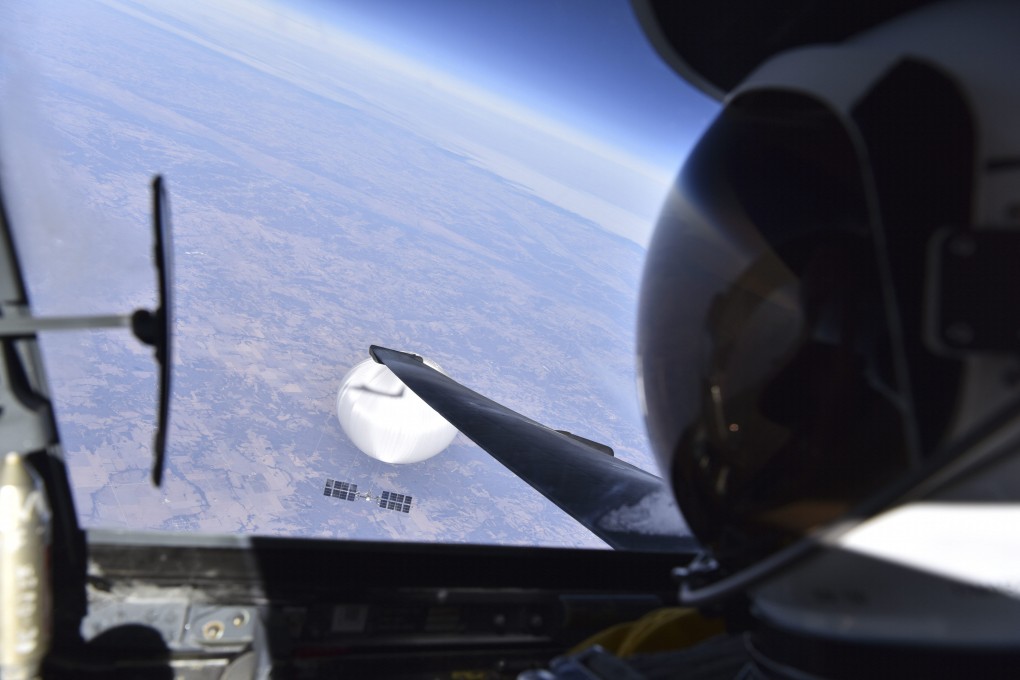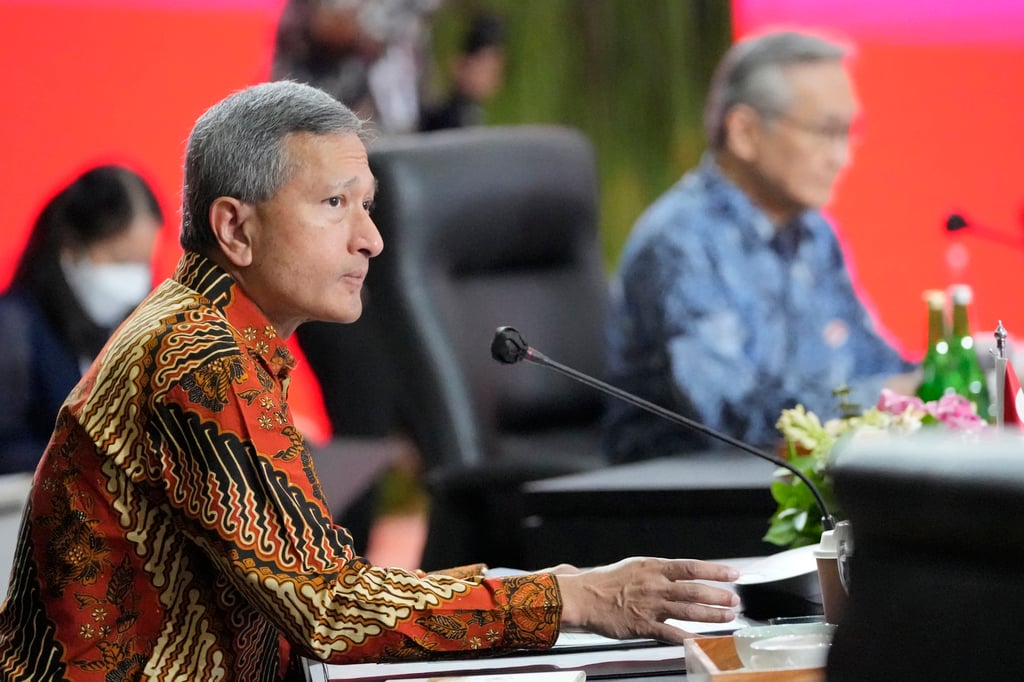Advertisement
Singapore will feel ‘spillover’ effect of growing US-China tensions but won’t be a ‘proxy’: foreign minister
- The spy balloon episode was a ‘setback’ to relations between the superpowers, Vivian Balakrishnan says, although both sides have recognised the need to keep communication channels open
- Even as mutual suspicion between the US and China deepens, Singapore will not be a ‘proxy or a stalking horse for any superpower’, Balakrishnan says
Reading Time:3 minutes
Why you can trust SCMP
21

Singapore’s top diplomat on Monday offered a bleak outlook for ties between the United States and China, warning that the recent shooting down of an alleged Chinese spy balloon had “exacerbated suspicions and tensions”.
The episode was a “setback” to bilateral interactions between the superpowers but nonetheless, the meeting between China’s Wang Yi and US Secretary of State Antony Blinken on the sidelines of the Munich Security Dialogue signalled that both sides recognised the need to keep communication channels open, Singapore’s Foreign Minister Vivian Balakrishnan said.
“Both sides wish to avoid conflict and neither side can afford to be seen as weak,” he told lawmakers in parliament during a budget debate. “The balloon incident reflected this dynamic. It exacerbated suspicions and tensions amidst strong domestic reactions on both sides.”

Balakrishnan pointed out that there had been a hardening of negative views in both countries. In the US, more people increasingly saw Beijing as the US’ sole competitor and that China intended to reshape the international order. And in China, the US is viewed as “a superpower on terminal decline which is determined to contain China’s rise at all costs”.
Advertisement
The world’s two largest economies have been locked in a strategic competition including on the trade and technological front, which could deepen tensions and heighten mutual suspicions.
“These have profound implications for the rest of the world. There is a real risk that the steps taken by the US and China to reduce their mutual interdependence will adversely affect the global economy and Singapore will not escape such spillover consequences,” Balakrishnan added.
The Taiwan Strait, in particular, had become a “more dangerous flashpoint”, with missteps or mishaps likely to trigger a “cycle of tit-for-tat actions and reactions that spiral dangerously out of control”.
Advertisement
Select Voice
Select Speed
1.00x
